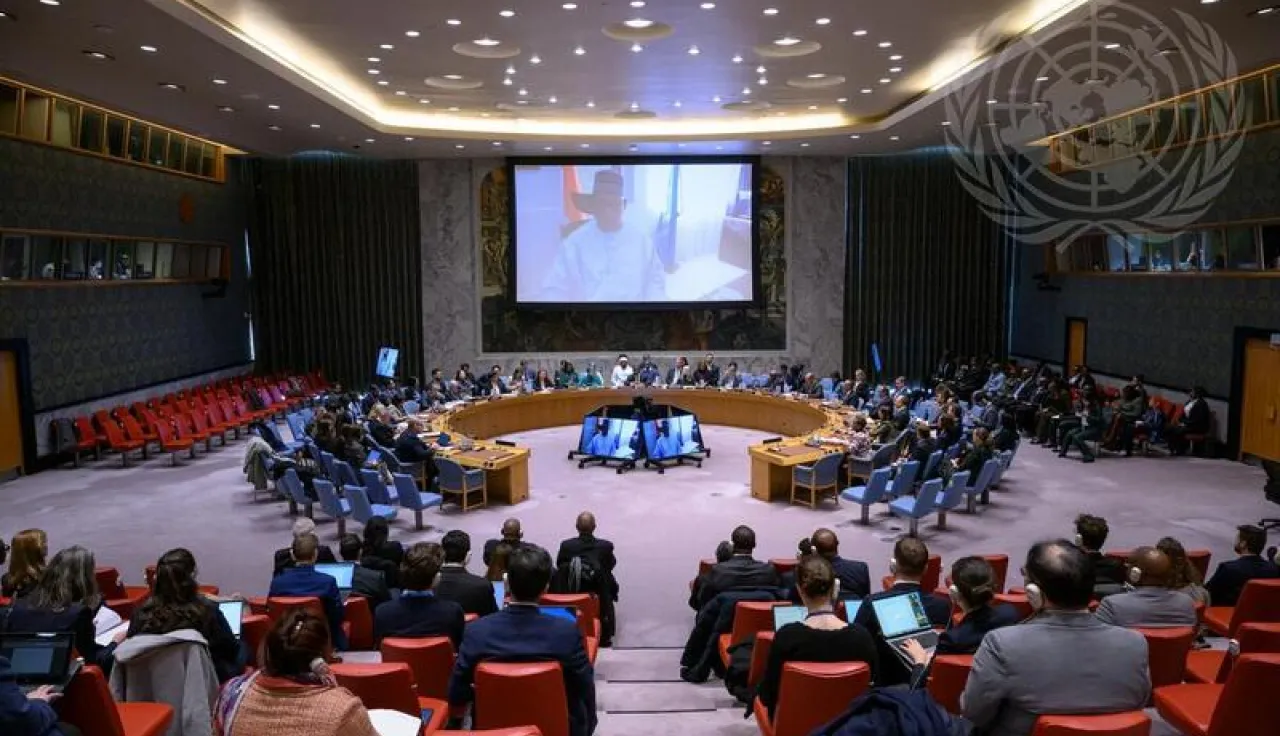Mr. President,
Allow me to begin by underscoring a critical truth: hunger in conflict is not an inevitable consequence of war. It is too often a man-made crisis, driven by violations of international humanitarian law.
The ICRC has long emphasized a fundamental message: respect for IHL is essential to preventing extreme food crises. IHL rules include the principles of distinction, proportionality, and precaution in attack; the prohibition of starvation of civilians as a method of warfare; and the specific protections for objects indispensable to the survival of civilian populations, such as agricultural areas, water systems, and food storage facilities.
These rules are not abstract principles—they are enshrined in international law as obligations of parties to conflict, and they have been reinforced by this Council through landmark resolutions such as 2417 and 2573. Yet, despite their clarity and repeated calls for compliance, we continue to witness widespread violations.
The international community must do more to ensure compliance. There is of course continuous need for dissemination and training on IHL, to ensure that all warring parties know their obligations and that a culture of compliance is instilled across all ranks.
For its part, this Council must exert greater pressure, before conflict-induced food insecurity reaches crisis levels, and especially where there is deliberate disregard for the law.
In particular, indiscriminate use of starvation as a method of warfare, directed at civilians and combatants together, is prohibited.
Similarly, the specific protections afforded to objects indispensable to civilians’ survival must be respected. Permissive interpretations of rules such as these erode the very protections they were designed to uphold.
Violations of IHL are compounded by the militarization and obstruction of aid. When food is exploited as a tool for leverage, when relief workers are denied access, or bureaucratic barriers impede assistance, hunger and suffering are exacerbated, and neutral, impartial humanitarian responses—across all sectors—are undermined.
Food security in conflict must be understood and addressed as a protection issue, central to people’s survival and dignity; and the legal obligations of parties to conflict in this respect must be upheld.
Mr. President,
To truly protect people, we must link respect for IHL, protection of humanitarian access, and assistance that actively reduces risk.
The ICRC calls on this Council to:
- Uphold IHL as a protective framework and urge earlier action: States must address the humanitarian consequences of conflict long before food insecurity becomes an acute crisis. IHL must be interpreted in accordance with its object and purpose. Prevention requires full respect for IHL—not delayed appeals for access, which cannot compensate for systematic violations of the law.
- Treat IHL compliance as a political responsibility: this Council must lead by ensuring its decisions and debates reflect IHL’s protective purpose and reject politicized, or selective interpretations.
The ICRC stands ready to work with all parties to ensure these rules and principles are upheld.
Together, we can break the cycle of conflict and hunger and ensure that food security becomes a foundation for lasting peace.
Thank you.




